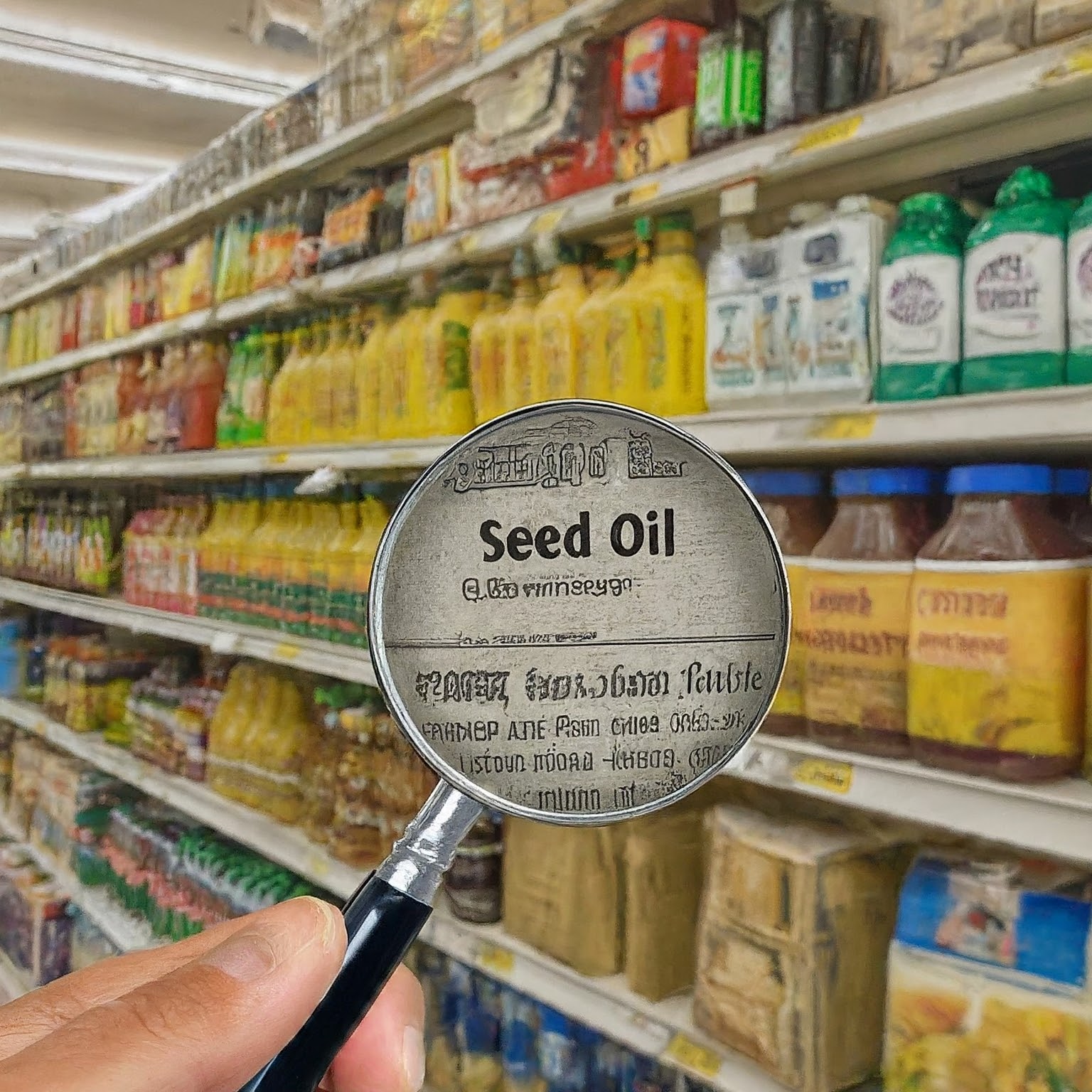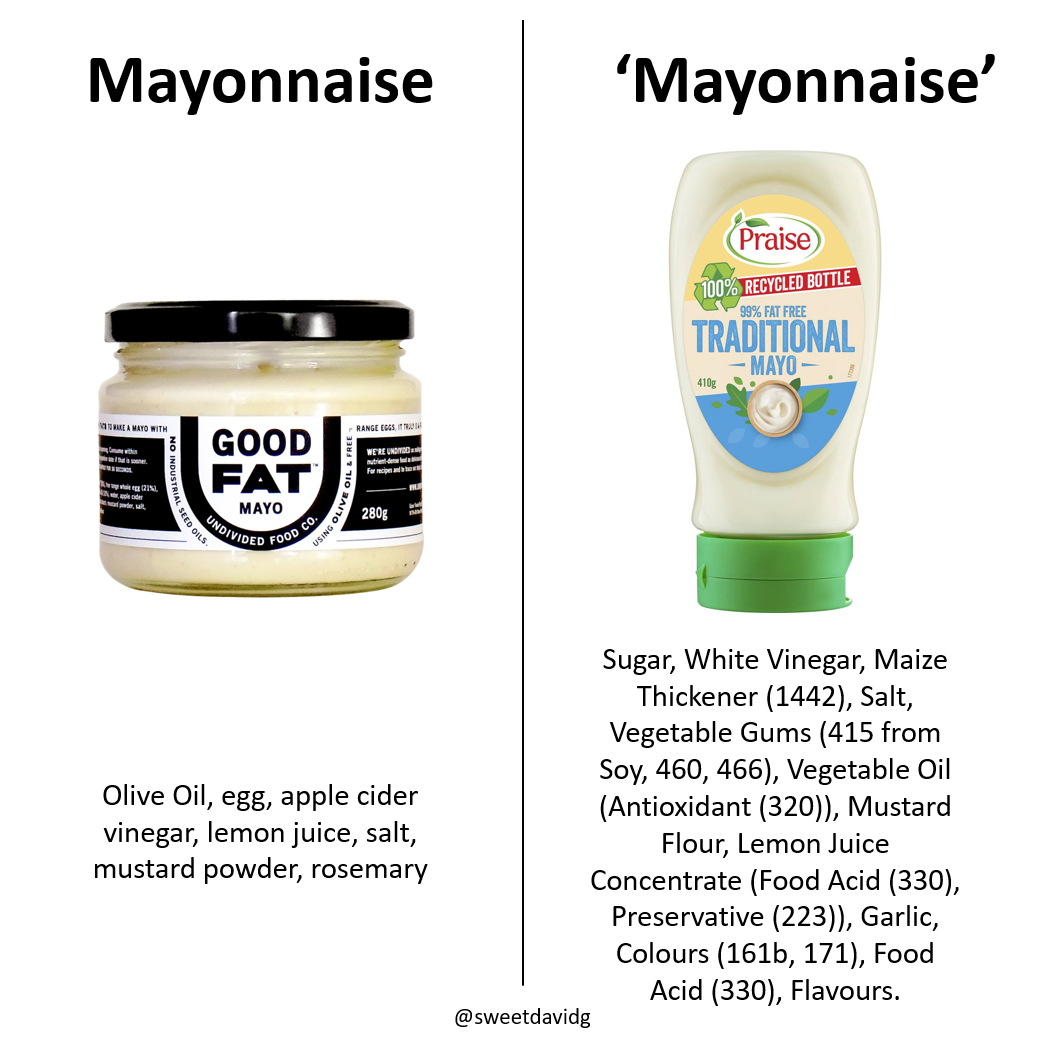
Imagine watching a loved one’s hands tremble uncontrollably, their steps falter… This heartbreaking reality confronts the families of over 200,000 Australians battling Parkinson’s disease. In Australia, someone is diagnosed with Parkinson’s every 27 minutes. These aren’t just numbers – they’re stolen futures. This isn’t a mysterious affliction, it’s a mass poisoning, and the culprits line the aisles of every supermarket. Today, April 11th, World Parkinson’s Day, isn’t just a day of awareness – it should be a day of defiance against the seed oils they’ve spent decades normalising.
Imagine your body as a battlefield. Every cell, every organ is under relentless attack by an invisible enemy called oxidative stress. This normal biochemical process is turbo charged by seed oils, and your brain’s command centre, the pars compacta, is a prime target. The pars compacta is your body’s dopamine factory. Think of dopamine as the fuel that powers smooth movement, thought, and coordination. If the neurons responsible for producing dopamine are damaged, Parkinson’s disease is the result.
Our brains are incredibly resilient. We can lose around 50% of our dopamine-producing neurons before those first tremors appear. But once those neurons are gone, they’re gone forever. That’s why Parkinson’s is so insidious. As the destruction continues, even the best medications can only squeeze a little more dopamine out of those remaining neurons – a temporary fix at best. Before medication was introduced in the 1970s, a Parkinson’s patient was expected to live just 9.5 years after diagnosis. The drug-assisted life expectancy is now around 15 years. Still, Parkinson’s steals years, independence, and ultimately, lives.
Forget the myth of Parkinson’s as an inevitable consequence of ageing. Researchers in Olmstead County, Minnesota meticulously tracked cases for decades, uncovering a shocking truth: new diagnoses nearly doubled between 1944 and 1984. And it hasn’t slowed down. A recent global study revealed a staggering 86% increase in Parkinson’s cases in the US alone over the past 30 years.
Even more alarming, Parkinson’s is striking younger people. The incidence in the 45-49 age group has skyrocketed by 167% in the last three decades. This dramatic acceleration coincides perfectly with the rise of processed foods and the explosion of seed oil use.
The connection isn’t a coincidence. Populations who consume traditional, whole-food diets have far lower rates of Parkinson’s. In Italy, for example, the incidence has actually decreased over the last 30 years. The message is clear: Parkinson’s isn’t an inevitable fate. It’s a disease fueled by the modern diet.
The primary weapon in this assault is deceptively mundane: seed oils. Canola, sunflower, soybean… they sound harmless, almost healthy. But the reality is far darker. These oils overflow with unstable omega-6 fats, turning your cells into battlegrounds of oxidative stress. This relentless assault breeds a molecular toxin called 4-Hydroxynonenal (4-HNE) – a toxin that zeroes in on the dopamine-producing neurons that Parkinson’s systematically destroys.
This isn’t a fringe theory; it’s backed by disturbingly clear science. Yet the deafening silence from the health authorities and the Big Food corporations they protect makes them complicit in this crisis. The seed oil invasion has been nothing short of brilliant from a profit perspective. These oils – think canola, sunflower, soybean – carry an undeserved aura of healthiness. This has helped them become the backbone of the processed food industry. They’re endlessly malleable, incredibly cheap, and we can’t taste the difference, making us easy targets. This is how Big Food gets away with poisoning us for profit. They flood every aisle with products overflowing with hidden seed oils, fueling a wildfire of inflammation within our bodies.
You have the power to turn the tide, but it starts with brutal honesty. The neurons you’ve lost won’t magically return. But with every bite, you decide whether to keep feeding the enemy within. Every bag of chips, every restaurant meal where you don’t ask the hard questions about how the food is prepared, every “healthy” snack bar laced with seed oils – they are all acts of surrender.
Don’t. Eat. Seed Oils. This is your fight, your body, your future on the line.
The Battle Cry: No More Business as Usual
- Support independent farmers and small businesses committed to real, unprocessed food. Use your wallet to fuel a food revolution.
- Demand a change in Parkinson’s research – one that dares to examine the role of diet and seed oils in the disease.
- Hold Big Food accountable. Demand they remove seed oils from their products or face consumer boycotts. Push for clear labelling of all products containing seed oils, giving you back the power of choice.
- Spread the word. Educate yourself and those around you. Expose the truth they don’t want you to know.
Let’s make sure this World Parkinson’s Day isn’t just about awareness, but a declaration of war against a preventable disease.

















What about flax seed oil? is that bad?
and if soy milk damaging?
Flax seed oil is dominated by Omega-3 rather than Omega-6 fats but is still polyunsaturated – it is likely to be less damaging but still increases the total amoung of polyunsaturaes being consumed. Soy milk is generally not a good choice – I talk about that more here: https://www.facebook.com/photo?fbid=953879616130124&set=a.264379075080185